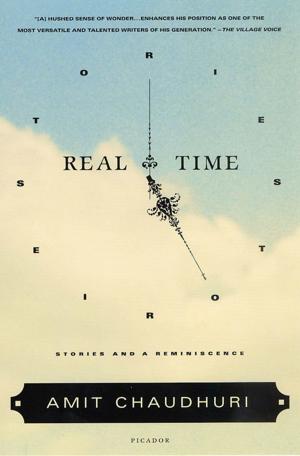One Drop of Blood
The American Misadventure of Race
Nonfiction, Social & Cultural Studies, Social Science, Discrimination & Race Relations, History, Americas, United States| Author: | Scott Malcomson | ISBN: | 9781429936071 |
| Publisher: | Farrar, Straus and Giroux | Publication: | October 4, 2000 |
| Imprint: | Farrar, Straus and Giroux | Language: | English |
| Author: | Scott Malcomson |
| ISBN: | 9781429936071 |
| Publisher: | Farrar, Straus and Giroux |
| Publication: | October 4, 2000 |
| Imprint: | Farrar, Straus and Giroux |
| Language: | English |
A bold and original retelling of the story of race in America
Why has a nation founded upon precepts of freedom and universal humanity continually produced, through its preoccupation with race, a divided and constrained populace? This question is the starting point for Scott Malcomson's riveting and deeply researched account, which amplifies history with memoir and reportage.
From the beginning, Malcomson shows, a nation obsessed with invention began to create a new idea of race, investing it with unprecedented moral and social meaning. A succession of visionaries and opportunists, self-promoters and would-be reformers carried on the process, helping to define "black," "white," and "Indian" in opposition to one another, and in service to the aspirations and anxieties of each era. But the people who had to live within those definitions found them constraining. They sought to escape the limits of race imposed by escaping from other races or by controlling, confining, eliminating, or absorbing them, in a sad, absurd parade of events. Such efforts have never truly succeeded, yet their legacy haunts us, as we unhappily re-enact the drama of separatism in our schools, workplaces, and communities. By not only recounting the shared American tragicomedy of race but helping us to own, even to embrace it, this important book offers us a way at last to move beyond it.
A bold and original retelling of the story of race in America
Why has a nation founded upon precepts of freedom and universal humanity continually produced, through its preoccupation with race, a divided and constrained populace? This question is the starting point for Scott Malcomson's riveting and deeply researched account, which amplifies history with memoir and reportage.
From the beginning, Malcomson shows, a nation obsessed with invention began to create a new idea of race, investing it with unprecedented moral and social meaning. A succession of visionaries and opportunists, self-promoters and would-be reformers carried on the process, helping to define "black," "white," and "Indian" in opposition to one another, and in service to the aspirations and anxieties of each era. But the people who had to live within those definitions found them constraining. They sought to escape the limits of race imposed by escaping from other races or by controlling, confining, eliminating, or absorbing them, in a sad, absurd parade of events. Such efforts have never truly succeeded, yet their legacy haunts us, as we unhappily re-enact the drama of separatism in our schools, workplaces, and communities. By not only recounting the shared American tragicomedy of race but helping us to own, even to embrace it, this important book offers us a way at last to move beyond it.















